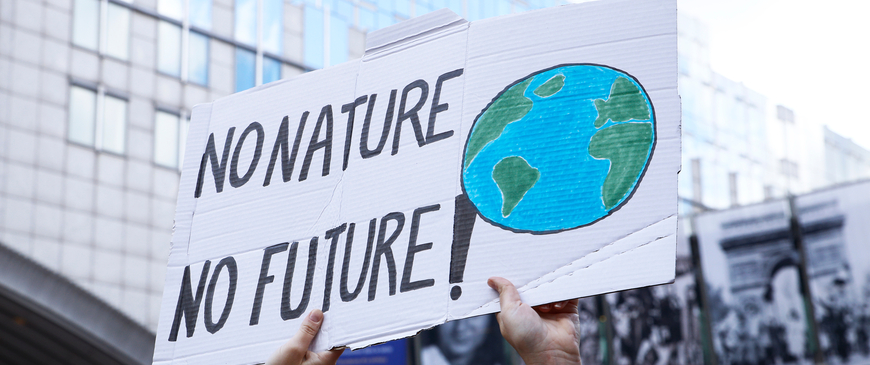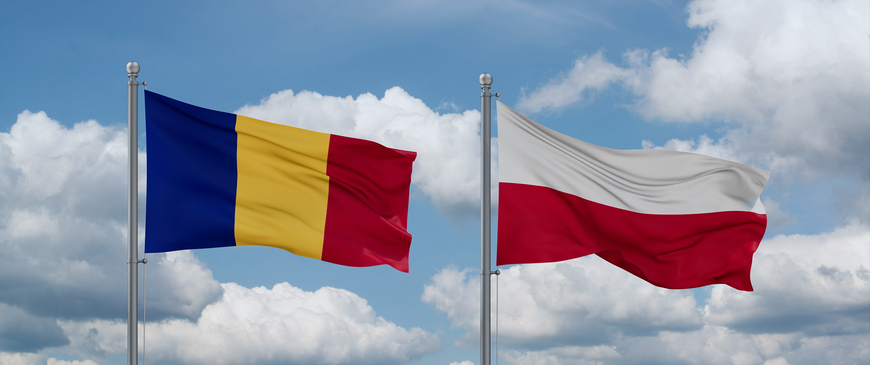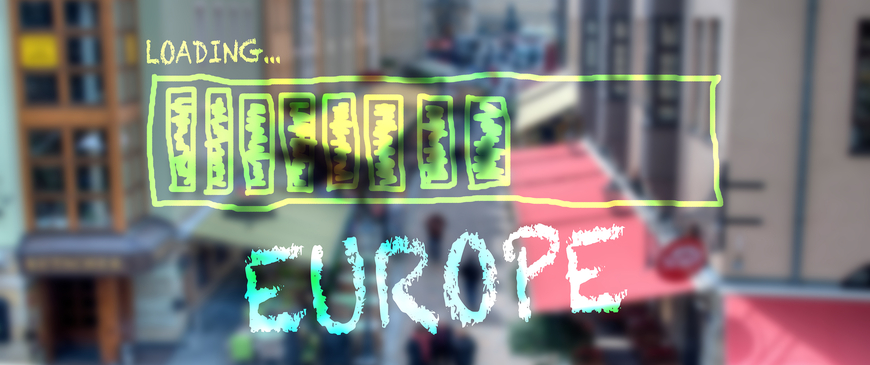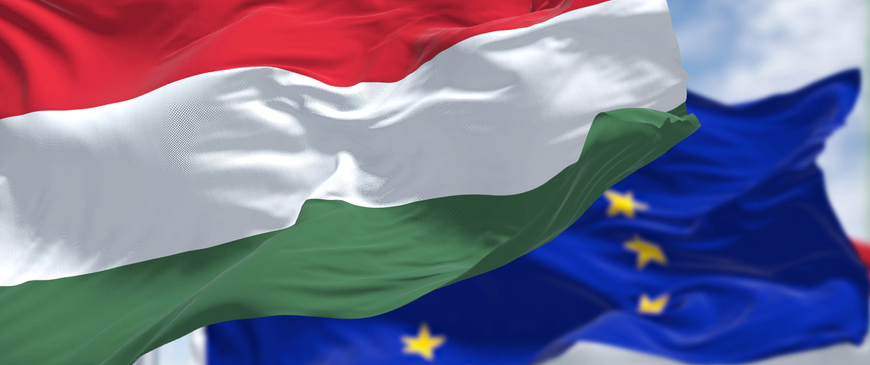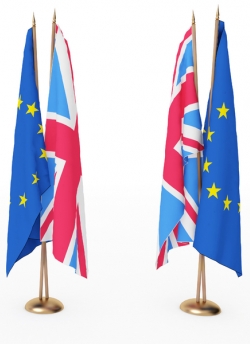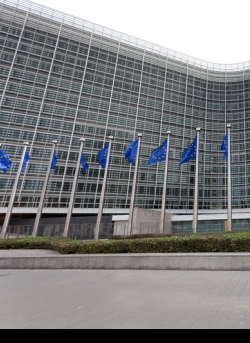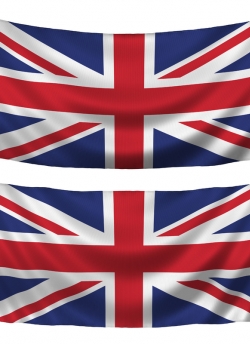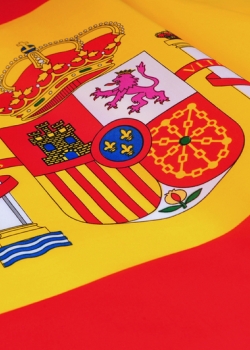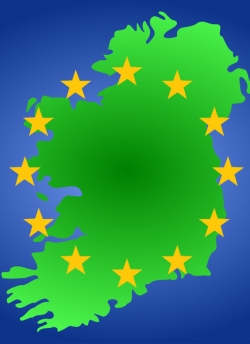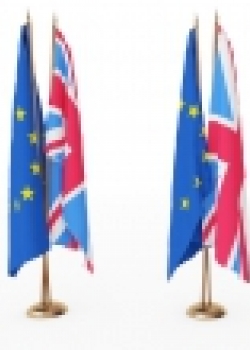EU institutions & treaties
Missing another EU opportunity
18 November 2009
The Guardian
When Britain's foreign secretary, David Miliband, made clear that he was not interested in being the European Union's new "high representative" for foreign policy, the UK lost a unique opportunity to craft the EU more in its own image.
Is Tony Blair the right man to be president of Europe?
25 October 2009
The Observer
Yes, says Charles Grant. His presence would improve the global credibility of the EU. No, says Henry Porter. He co-authored the Iraq war and is not a convinced democrat.
Blair would be a good choice for Europe
07 October 2009
Financial Times
If the Lisbon treaty enters into force, which seems likely, the European Union will appoint a president to chair the European Council, which brings together the heads of government.
Why Barroso deserves another go
09 September 2009
The Guardian
Next week the European parliament votes on whether to give José Manuel Barroso a second term as president of the European commission.
Economic liberalism in retreat
16 July 2009
The New York Times
Is the brief flowering of economic liberalism in Europe over? It is too soon to read the last rites, but the prognosis is not good.
The financial crisis, the subsequent discrediting of the Anglo-Saxon economies and the passing of the most economically liberal European Commission there has ever been have put liberal economic thinking on the defensive.
The financial crisis, the subsequent discrediting of the Anglo-Saxon economies and the passing of the most economically liberal European Commission there has ever been have put liberal economic thinking on the defensive.
The eurosceptic illusion
05 July 2009
The Guardian
Britain's Eurosceptics need to come clean. The media and political class have a right to be sceptical about the EU, even hostile to it. But they also have an obligation to be honest about the economic implications of a retreat from full membership of the union.
Their failure to do so...
Their failure to do so...
The Dis-Uniting Kingdom?
30 June 2009
The Wall Street Journal
Britain's European debate has gone septic. More than half of British votes cast in recent European elections went to euro-skeptic parties ranging from the mad, bad political fringes such as the British National Party to a Conservative Party promising to claw back powers from Brussels.
Guest column: Spain's muted EU voice
09 June 2009
Financial Times
There are several paradoxes about Spain’s global role. Its business leaders have built up many world-beating companies, but its politicians tend to be parochial.
Por qué pesa poco España?
08 May 2009
ABC.es
El papel de España en la UE encierra una extraña paradoja. Aunque se trata de uno de los Estados miembros más europeísta, es el que menos influencia tiene de los seis países más grandes. Pero esto no siempre ha sido así.
Defending European defence in partnership with NATO, strengthening the EU's military muscle is the right idea
09 December 2008
The Wall Street Journal
Ten years ago in St. Malo, Tony Blair and Jacques Chirac launched the European security and defence policy, or ESDP. They had the right idea: The European Union needs a defence arm if it is to play a global role, and with the demand for peacekeepers rising, ESDP could give a needed boost to the efforts of NATO and the United Nations. Or at least that was the theory.
Brussels's Bad Medicine
02 October 2008
The Wall Street Journal
Europe's prosperity depends on its developing and sustaining high-tech businesses. Twenty years ago, Europe was the center of the pharmaceutical industry, which invested roughly 30% more in R&D here than in the U.S.
The era of the grand treaty is over
16 June 2008
The Guardian
Ireland has sent Europe into tumult by garrotting the Lisbon treaty at the ballot box. The possibility of resuscitating the treaty is slight. Given the large turnout, a second referendum on the text is likely to be ruled out by Irish politicians as unfeasible.
The exit beckons for Britain
18 October 2007
New Statesman
As EU leaders gathered for their latest summit, Britain's Euro sceptics fired their heavy artillery rounds. The Conservatives, the Sun, Mail and Telegraph whipped themselves into a fury, convinced that if they took their analysis of the EU reform treaty to new hyperbolic heights, they could force the government to offer a referendum.
Why all the angst?
18 October 2007
The Guardian
As EU leaders meet to agree a new reform treaty in Lisbon this week, I am struck by the level of angst in Britain over what, to my mind, represents a fantastic negotiating success.
What impact will the EU reform treaty have?
17 October 2007
Financial Times
The European Union’s 27 member states expect to approve a ”reform treaty” in Lisbon on Friday, whose birth pangs have caused the bloc perhaps more distress than any episode in its 50-year history.
Yet European leaders regard the treaty as an essential starting point for strengthening the EU’s internal mechanisms and...
Yet European leaders regard the treaty as an essential starting point for strengthening the EU’s internal mechanisms and...
State of the Union: The good deal
25 June 2007
The Wall Street Journal
The deal in Brussels on a new treaty this weekend is good news for those who hope the EU can become a more confident and effective contributor to global security.
We do not need a referendum
23 June 2007
The Guardian
Thank goodness for the agreement in Brussels last night. Without a deal, the EU would have been mired in arguments on treaties, institutions and process for a prolonged period.
Treaty would not concede new powers on foreign policy
21 June 2007
Financial Times
Sir,
Martin Wolf's critique of the proposed new EU treaty ("This is a cynical plan for an unnecessary European treaty", June 20) wrongly asserts that the new posts of "president" and "foreign minister" would "centralise decision-making in areas affecting security".
Each would replace the rotating presidency as, respectively, chair of the European...
Martin Wolf's critique of the proposed new EU treaty ("This is a cynical plan for an unnecessary European treaty", June 20) wrongly asserts that the new posts of "president" and "foreign minister" would "centralise decision-making in areas affecting security".
Each would replace the rotating presidency as, respectively, chair of the European...
Constitutional fudge
19 June 2007
The Guardian
So far, Britain's stance on the German attempt to revise the EU treaties has been - from a British perspective - broadly reasonable.
Britain would be unwise to thwart Europe's treaty
03 April 2007
Financial Times
Germany's ambition to salvage large parts of the European Union constitutional treaty may provoke a serious rift between Britain and its partners. Tony Blair and Gordon Brown may be heading for a collision over what to do about the German plan. But the general view in Britain seems to be...

